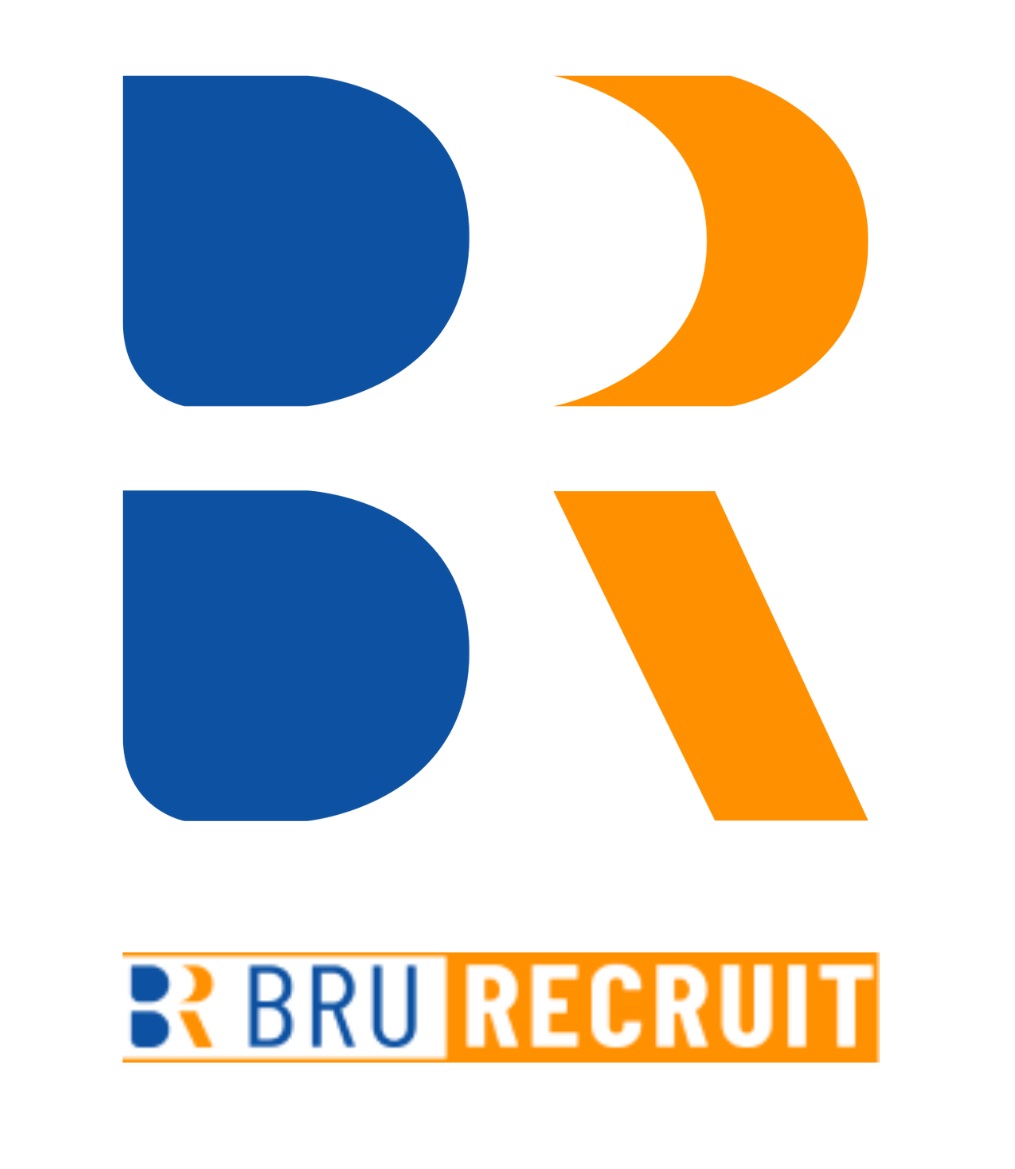
Job Description
Literacy Development:
Plan and implement age-appropriate activities to support literacy skills, including letter recognition, phonics, storytelling, and basic writing activities.
Encourage language development through reading books, engaging in conversations, and storytelling.
Introduce basic concepts like rhyming, vocabulary building, and comprehension.
Organize group reading sessions and individual reading times.
Numeracy Development:
Facilitate activities that promote early math skills, such as counting, number recognition, sorting, and shape identification.
Provide hands-on learning experiences using objects like blocks, puzzles, and games to enhance understanding of basic math concepts.
Introduce simple addition, subtraction, and patterns through fun, interactive activities.
Social-Emotional Learning:
Foster a caring and supportive environment where children feel safe to express their emotions and develop self-awareness.
Help children learn how to identify and manage their emotions through guided discussions and activities (e.g., "feelings chart," role-playing).
Promote positive social behaviors like sharing, turn-taking, and empathy through group play and structured activities.
Guide conflict resolution and encourage positive peer interactions.
Other Requirements
Strong communication and interpersonal skills.Patience, empathy, and a passion for working with children.
Ability to multitask and work in a fast-paced environment.
Knowledge of child development and age-appropriate activities.
Basic knowledge of health and safety regulations.
Skills
- Teaching
- Multitasking
- Excellent communication
- Excellent interpersonal skills
Education
- GCE 'O'LVL